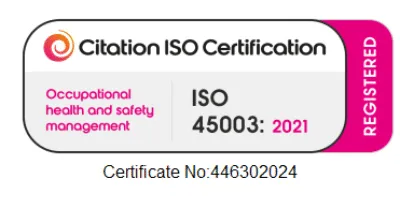
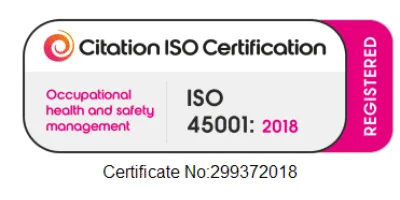
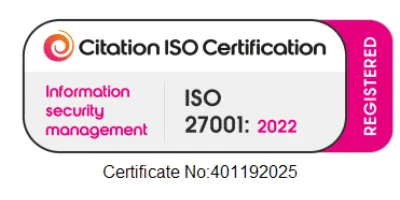
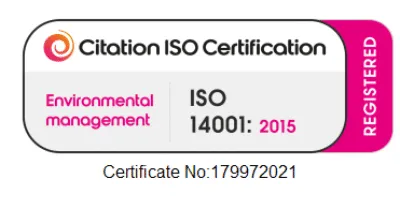
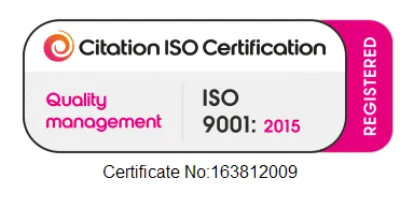
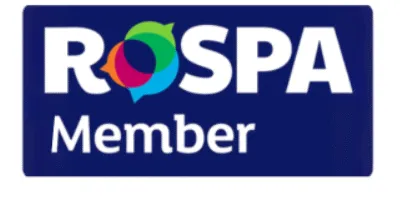
Pouring cooking oil down your drains might seem like an easy, harmless way to get rid of it, but it can cause all sorts of problems. From fatbergs to blocked pipes, it all adds up to cause costly drain repairs and environmental damage.
You should never pour your used cooking oil down the drain. That’s why at Express Drainage Surveys, we’re sharing our expertise to uncover and highlight the dangers for our readers. We’ll also talk you through how to diagnose and resolve the issue if you’ve already been caught out.
Despite what some people assume, cooking oil definitely does not dissolve in water. Oil floats on water, and when it cools down, it solidifies, which is where the problems start.
First, the oil will coat the interior of your pipes, which over time will gradually narrow your pipes and your drains. That means your drains will go slower, and eventually, it will form complete blockages. Within the sewer system, these solidified oils bind with non-biodegradable waste such as wet wipes and hygiene products, forming what is known as fatbergs.
Things start to get problematic when the oil reacts with calcium in your wastewater, creating a soap. This is the solid, waxy compound that eventually creates a fatberg.
A fatberg is a solid mass of congealed cooking oil, grease and fat from your drains, combined with non-flushable items. These are not formed instantly, but over time, eventually increasing in size to block the sewers of multiple properties. Meanwhile, the thick, waxy consistency makes it hard to remove them.
The consequences of a fatberg forming in your drainage system are far-reaching, including:
All of the above are major concerns for the environment and for public health. It also costs the local authorities – i.e. the taxpayer – millions of pounds each year to tackle giant fatbergs.
Back in 2017, a giant fatberg in Whitechapel weighed in at a whopping 130 tonnes, taking nine weeks to clear.
For this reason, at Express Drainage Surveys, we urge you not to pour cooking oil down your drains. And, if you need early identification of issues in your drainage system, don’t hesitate to contact us for professional, advanced CCTV drain surveys – you could help to prevent a major incident!
Common myths debunked
There is a lot of “helpful” advice floating around on the internet, but some tips can do more harm than good. So here are three common myths surrounding cooking oil and drains that we’d like to debunk:
Rather than attempting DIY solutions for cooking oil in drains, why not turn to the experts for a rapid response and swift results? We’re happy to help with any oil blockages in your system, whether you’re a homeowner or a business owner.
The real consequences
The consequences of pouring cooking oil away down your drain depend on who you are. For homeowners, it means blocked kitchen pipes, the backflow of sewage into your home, foul smells and the need for emergency repairs.
If you run a commercial kitchen, you have a legal responsibility to dispose of cooking oils, fats and grease correctly, thanks to the Water Industry Act 1991. Not adhering to this means you risk heavy fines, with the potential closure of your business due to unsanitary conditions, especially if a blockage means you can no longer provide adequate facilities for guests.
The consequences for the environment are probably the most important. When we don’t deal with our waste properly, we harm rivers and oceans, which impacts the ecosystem and puts wildlife and marine life at risk. If you need any encouragement to avoid this practice, this should be the most impactful.
So, how are you supposed to dispose of your cooking oil properly? Let’s take a look at ways to avoid all the nightmare consequences.
For households, you can simply scrape small amounts of oil into the bin if you let it cool and congeal first. For larger quantities, collect it in a sealed container and take it to your local recycling centre. You can check online to find various locations in your area.
For businesses and commercial kitchens, you’ll need to invest in grease management, such as grease traps, and a licensed oil disposal company to help you dispose of this inevitable by-product responsibly.
Early signs of fatbergs and oil issues in drains can be detected with professional CCTV drain surveys. That’s just one of the many drain services we offer as experts in all things related to drainage. Whether you run a commercial kitchen, are a letting agent managing properties or are a homeowner, look no further than Express Drainage Surveys for any of the following:
Schedule drain cleaning today or book a survey – contact us and we’ll provide a free estimate, helping you avoid the hassle of blocked drains and potential fines. We provide peace of mind and comprehensive advice on any necessary repair work required to keep your drain in tip-top condition.
This website uses cookies to enhance your browsing experience and deliver personalised ads. By clicking “Accept All Cookies”, you agree to the storing of cookies on your device to enhance site navigation, analyse site usage, and assist in our marketing efforts.